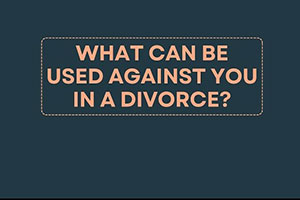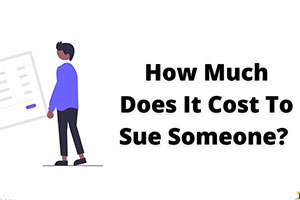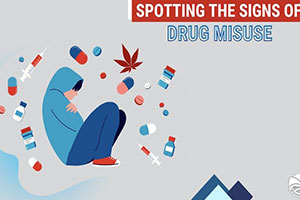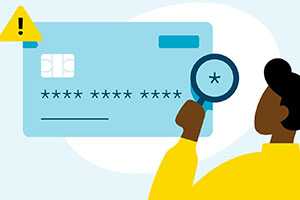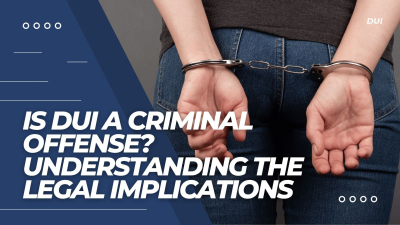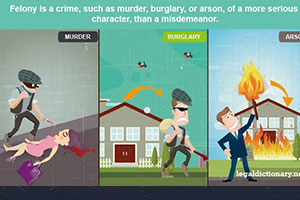Youthful Offender: A Second Chance?
Criminal Law | by
Hey there! Let’s talk about a term you’ve probably heard tossed around in legal dramas or news reports but might not fully grasp: youthful offender. What does it really mean, and why does it matter? Well, it’s all about giving young folks who’ve stumbled into legal trouble a fighting chance to turn their lives around. Dive in as we unpack the youthful offender status and its significance in the justice system.
Breaking Down ‘Youthful Offender’
The term “youthful offender” is more than just legal jargon; it’s a lifeline. It refers to a person, typically under the age of 18 (though this can vary by jurisdiction), who has committed a criminal offense but is treated differently from a regular adult offender. The idea? Recognize that young people make mistakes and shouldn’t have their futures tarnished for life due to youthful indiscretions.
The Why Behind the What
So, why the special category? The justice system acknowledges that teens and young adults are still developing, both mentally and emotionally. This status aims to mitigate the long-term consequences of criminal charges on a youth’s future, focusing more on rehabilitation than punishment. It’s about offering a second chance.
The Perks of Being a Youthful Offender
- Sealed Records: One of the biggest benefits is having the criminal record sealed. This means the offense doesn’t follow them into adulthood, shadowing their every move, from job applications to housing searches.
- Reduced Sentences: Youthful offenders often receive lighter sentences compared to what they might face as adult offenders. The emphasis is on corrective measures, such as community service or counseling, rather than time behind bars.
- Educational and Rehabilitative Programs: Access to programs aimed at rehabilitation and education is another cornerstone, helping young offenders steer back onto the right path.
Not a Free Pass
It’s crucial, however, to note that this isn’t a get-out-of-jail-free card. Qualifying for youthful offender status depends on the nature of the crime, the individual’s age, and their criminal history. Violent crimes or repeat offenses, for instance, might disqualify someone from this designation.
State by State Variance
The criteria and benefits of being deemed a youthful offender can vary widely across the U.S. Some states might offer this status up to the age of 21, while others have stricter guidelines. This patchwork approach means the impact of the status can differ significantly depending on where the offense occurs.
The Road Ahead
For many young people, being labeled a youthful offender is a pivotal moment. It’s an opportunity to reflect, learn, and grow without being permanently hindered by one mistake. Society benefits too, as this approach focuses on creating contributing members rather than repeat offenders.
What’s the Catch?
Critics argue that while the intentions are good, execution matters. There’s a delicate balance between accountability and support. Finding that balance, ensuring equal access to the youthful offender status, and providing adequate resources for rehabilitation remain ongoing challenges.
Final Thoughts
The concept of a youthful offender is rooted in the belief in second chances and the potential for change. It underscores a vital distinction between adult criminals and young individuals at a crossroads. By focusing on rehabilitation and offering a path to redemption, the justice system acknowledges that our youth deserve the opportunity to learn from their mistakes and rebuild their lives.
Remember, the goal is transformation, not just punishment. For young individuals facing legal challenges, understanding the youthful offender status and its implications can be the first step toward a brighter future.
